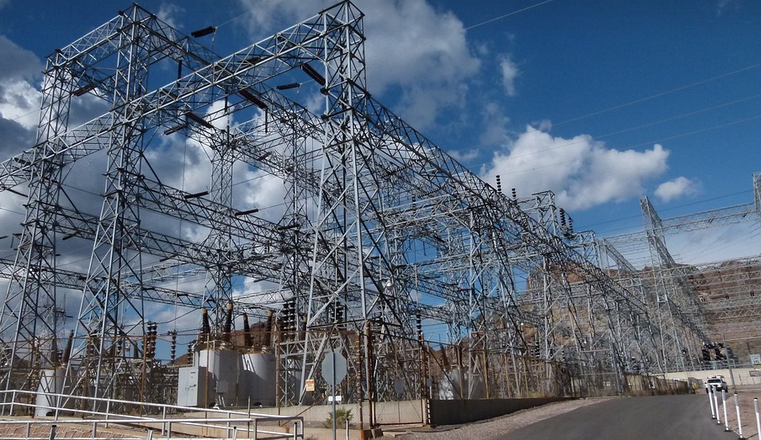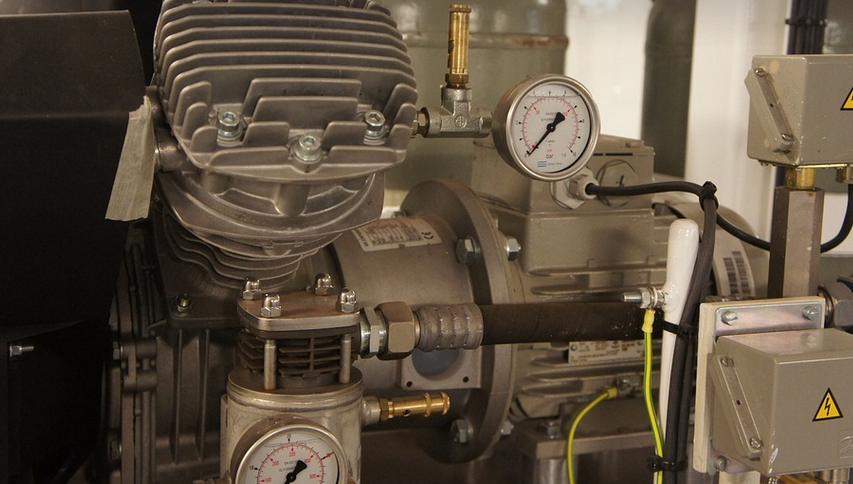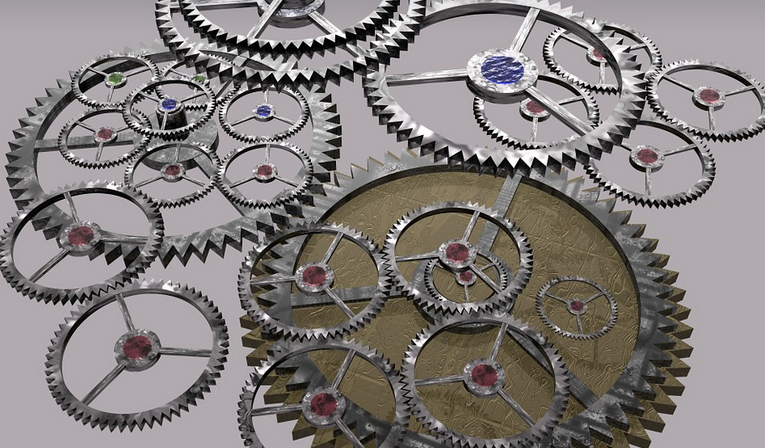The Problem with Focusing on the Past
Every year, we see the same pattern: performance reviews come and go, leaving a trail of evaluations and promises for improvement. It’s easy to get caught in the cycle – we assess the past, analyze our shortcomings, make adjustments, and repeat. But is this truly the most effective approach to driving success?
The truth is that performance evaluations, by their very nature, tend to focus on the past. We spend countless hours reviewing completed projects, analyzing spreadsheets filled with metrics, and discussing what went right (or wrong) in the weeks and months leading up to these assessments.
While historical context is undoubtedly helpful for understanding where we’ve been, focusing solely on it can become an obstacle to progress. It creates a sense of stagnation, leaving us trapped in a loop of past mistakes rather than planning for future growth.
Think about the last time you got a performance review. Did it feel like a victory lap or a critique session? Did it inspire you to strive forward or leave you feeling discouraged and defeated? The reality is, many reviews are less about celebrating achievements and more about highlighting areas for improvement.
Performance evaluations often fall into a trap of “what went wrong.” We dwell on past failures, and we focus on identifying shortcomings. This can be disheartening, especially during challenging times. But instead of focusing solely on what didn’t work, let’s explore the potential of this review process to inspire growth.
One crucial aspect of performance evaluations is their ability to provide a platform for self-reflection and personal development. By taking time to acknowledge past shortcomings, we can gain valuable insights into our own strengths and weaknesses. We learn what worked well, and where we stumbled – even if the outcome wasn’t ideal.
However, this reflection should go beyond simply identifying a problem. It’s important to develop solutions together, with both the employee and their supervisor. It can be as simple as having an open conversation about potential areas for improvement. After all, these reviews are opportunities for growth.
Another crucial element of performance evaluations is the role they play in shaping future successes. They should serve as a springboard for planning and setting new goals. Instead of simply dwelling on the past, let’s use these reviews to set clear intentions for future achievements. We can leverage the insights gained during the evaluation process to create actionable steps for achieving our goals.
Imagine this: Instead of viewing performance evaluations as a negative indictment of our past efforts, they become a catalyst for positive transformation. We acknowledge what didn’t work and then use that knowledge to chart a more effective course forward. This shift in perspective can dramatically improve the effectiveness of performance reviews.
The goal is not simply to assess performance, but rather to set the stage for continuous improvement. With a focus on the future, we unlock new possibilities for growth and achievement. The past is essential, but it shouldn’t be the sole determinant of our success.
Reclaiming Our Future
So how do we move beyond the trap of focusing solely on the past? It starts with a fundamental shift in mindset. Let’s think about performance evaluations as opportunities for growth and positive change rather than simply as measures of what went wrong.
It’s time to embrace a more proactive approach. Let’s use these reviews to identify areas where we can improve, set new goals, and chart a course for future success. It involves moving beyond a reactive stance and embracing a more proactive mindset. This shift in perspective allows us to actively shape our own futures rather than being confined by the past.
One way to do this is through open communication. Encourage employees to share their thoughts on the evaluation process, ask for clarification, and suggest improvements. This collaborative approach fosters a sense of ownership and ensures that everyone feels empowered to contribute to a positive change in the long term.
Performance evaluations are powerful tools when wielded effectively. They can be catalysts for growth, innovation, and continuous improvement. But only if we use them for good. Let’s embrace a more forward-looking approach, one that steers us towards brighter future achievements rather than dwelling on the past.
Let me know if you would like to explore specific aspects of performance evaluations in greater detail.



